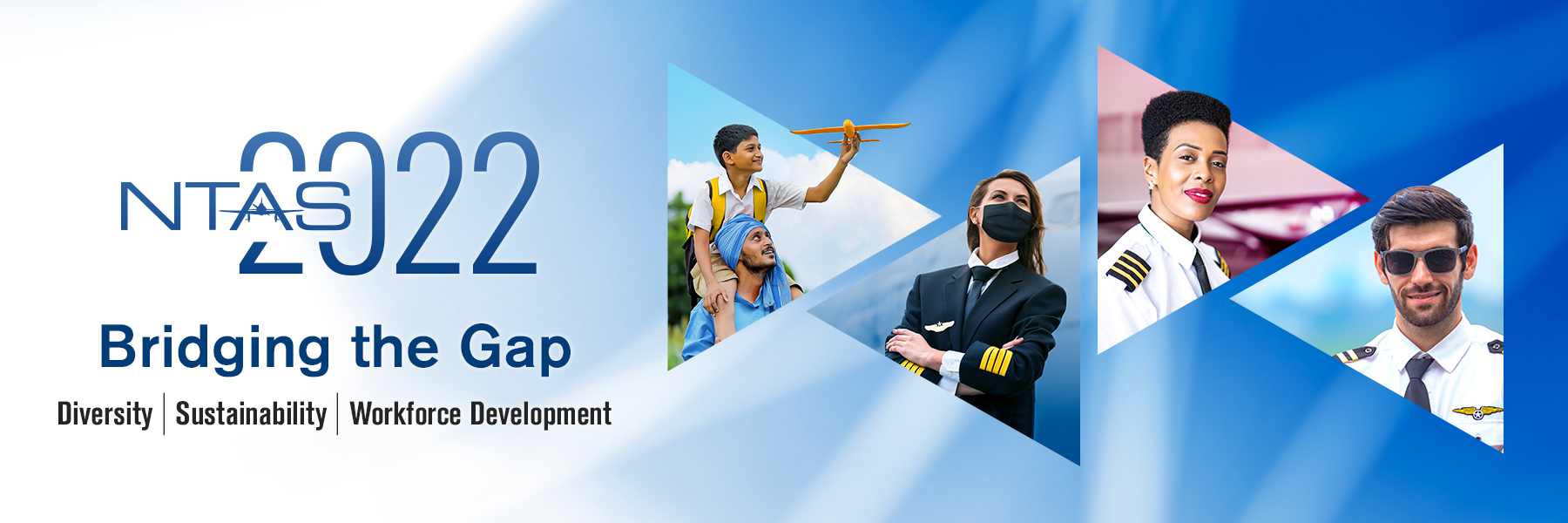The Diversification of the US Airline Pilot Career Field: Perceptions of Collegiate Flight Students.
Presenter Email
timm.bliss@okstate.edu
Keywords
diversity, equity, collegiate flight student, airline industry, pilot training
Abstract
There will be a tremendous need for commercial pilots over the next ten years. To maintain a pipeline of pilots, a US airline announced a diversity initiative in March 2021 to operate their own flight school with the goal of hiring thousands of pilots, at least 50% of them women or people of color. In December 2021, 80% of the airline’s inaugural class of 30 flight students were women or people of color. In 2022, several other airlines launched similar initiatives. The purpose of this study was to identify perceptions of collegiate flight students regarding these airlines’ new training and hiring initiatives focused on race and gender. There were 225 flight students from seven collegiate flight programs who participated in this study. Some of the findings indicated that only 48% of students agreed that airlines should diversify their pilot ranks and create new opportunities for women and people of color, only 26% agreed white pilots are perceived as a racial barrier and males are considered a gender barrier for potential pilot candidates, 78% agreed passengers want airlines to hire pilots based upon aptitude and competency and not gender and ethnicity, 83% agreed airlines that discriminate against applicants violate the Civil Rights Act, and 89% agreed airlines operating their own flight schools will negatively impact a collegiate flight student’s employment opportunity. The dissemination of findings will foster needed dialog regarding the diversification of the flight deck and the effects these new training and hiring initiatives have on the collegiate flight environment.
The Diversification of the US Airline Pilot Career Field: Perceptions of Collegiate Flight Students.
There will be a tremendous need for commercial pilots over the next ten years. To maintain a pipeline of pilots, a US airline announced a diversity initiative in March 2021 to operate their own flight school with the goal of hiring thousands of pilots, at least 50% of them women or people of color. In December 2021, 80% of the airline’s inaugural class of 30 flight students were women or people of color. In 2022, several other airlines launched similar initiatives. The purpose of this study was to identify perceptions of collegiate flight students regarding these airlines’ new training and hiring initiatives focused on race and gender. There were 225 flight students from seven collegiate flight programs who participated in this study. Some of the findings indicated that only 48% of students agreed that airlines should diversify their pilot ranks and create new opportunities for women and people of color, only 26% agreed white pilots are perceived as a racial barrier and males are considered a gender barrier for potential pilot candidates, 78% agreed passengers want airlines to hire pilots based upon aptitude and competency and not gender and ethnicity, 83% agreed airlines that discriminate against applicants violate the Civil Rights Act, and 89% agreed airlines operating their own flight schools will negatively impact a collegiate flight student’s employment opportunity. The dissemination of findings will foster needed dialog regarding the diversification of the flight deck and the effects these new training and hiring initiatives have on the collegiate flight environment.




Comments
Presented in Session 2 C - Insights into DEI in the Aviation Industry